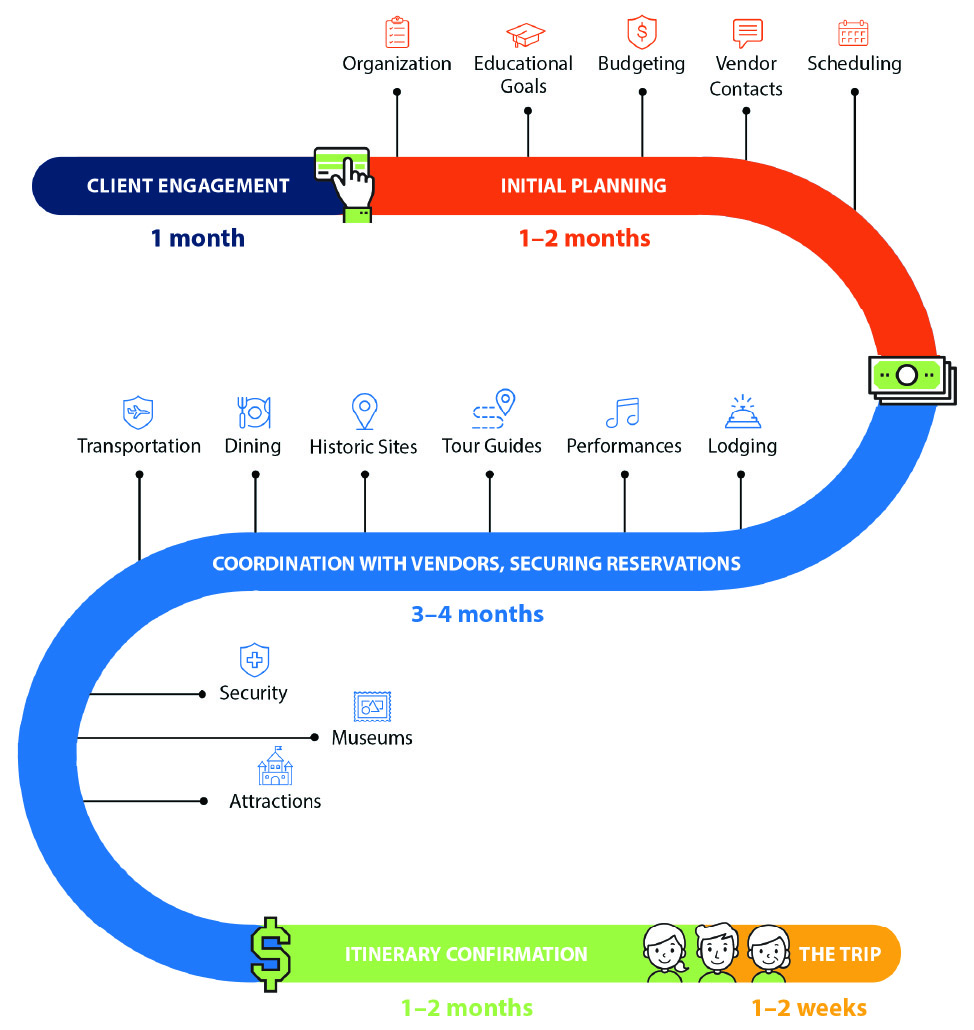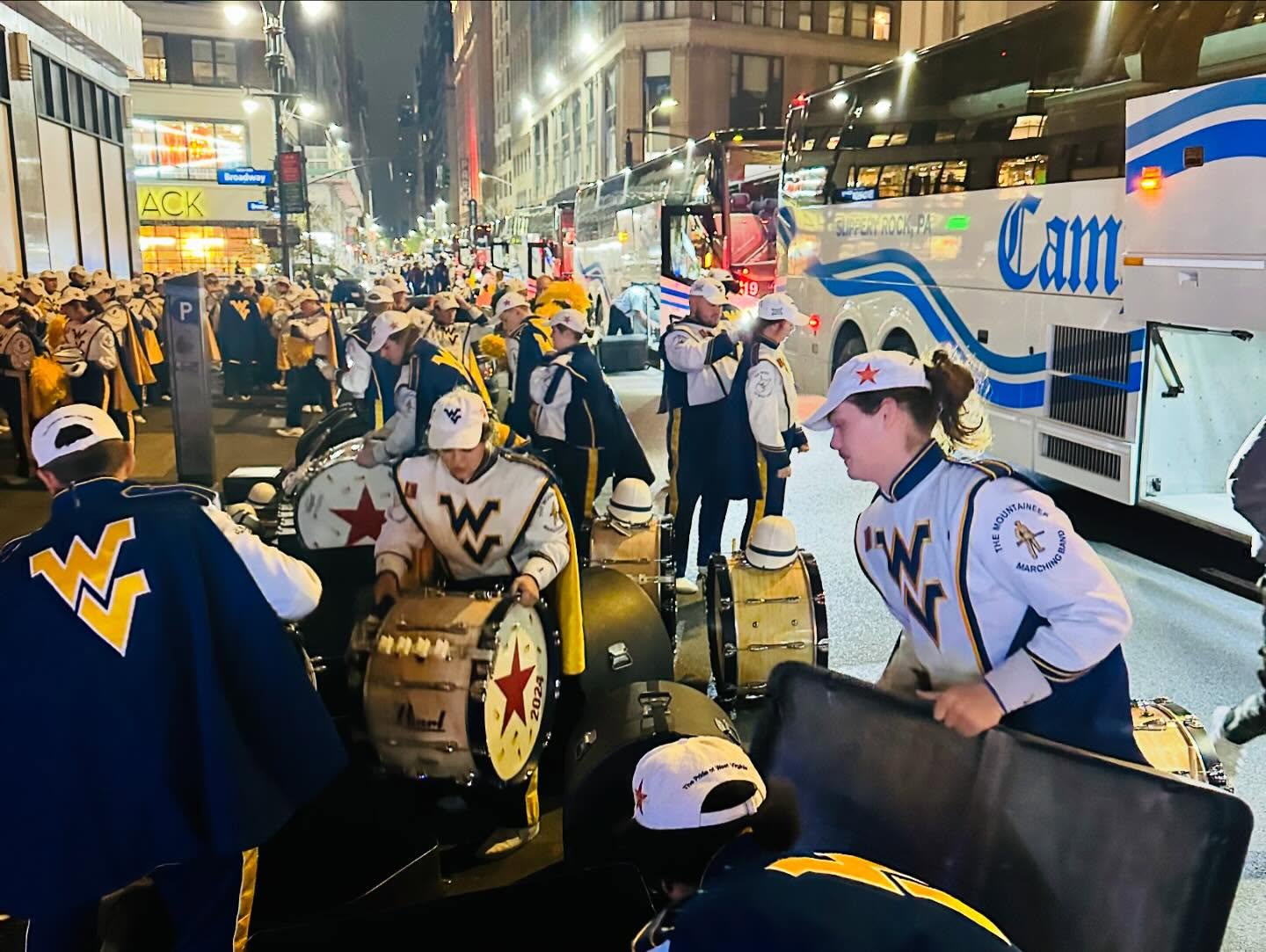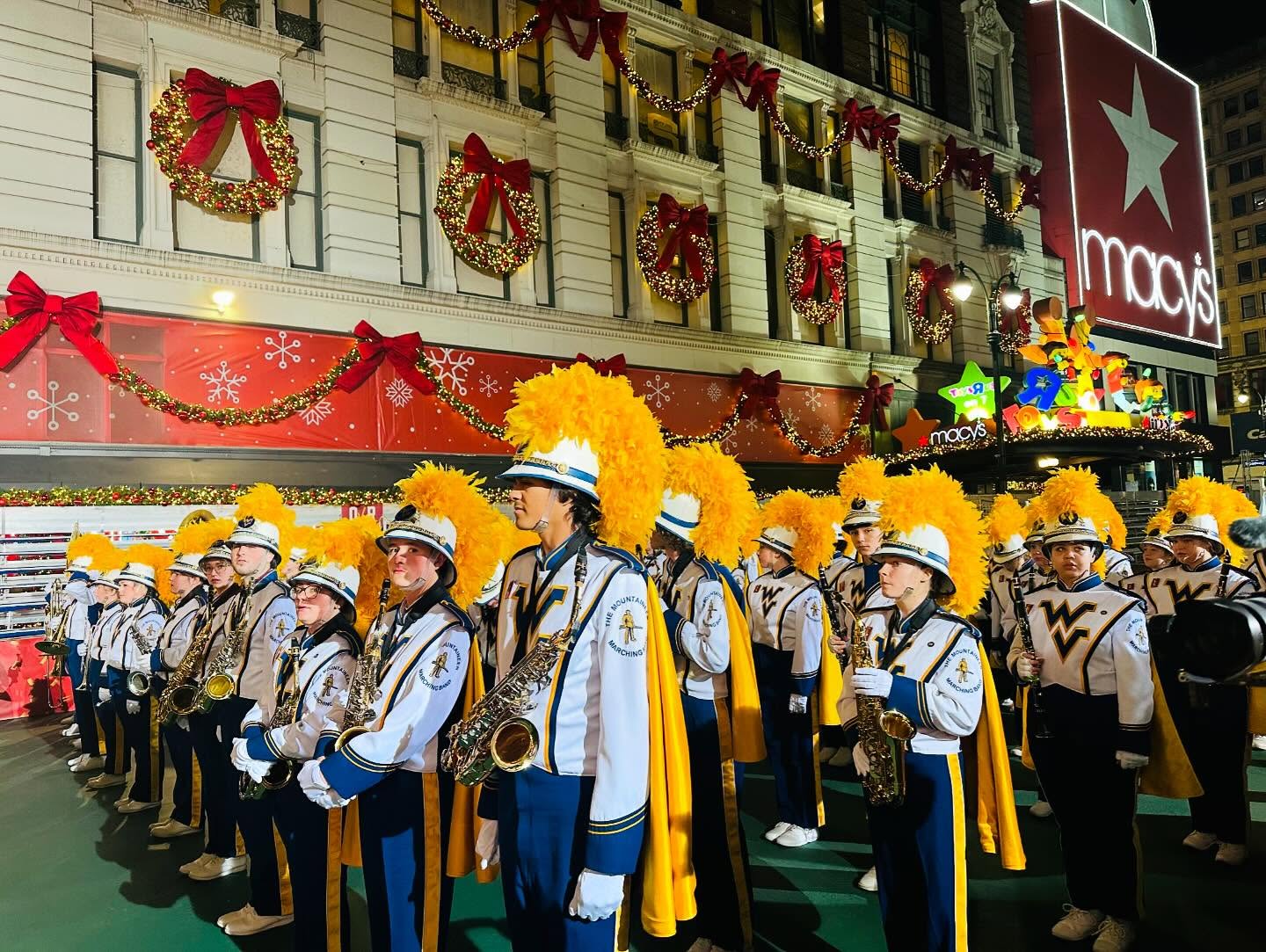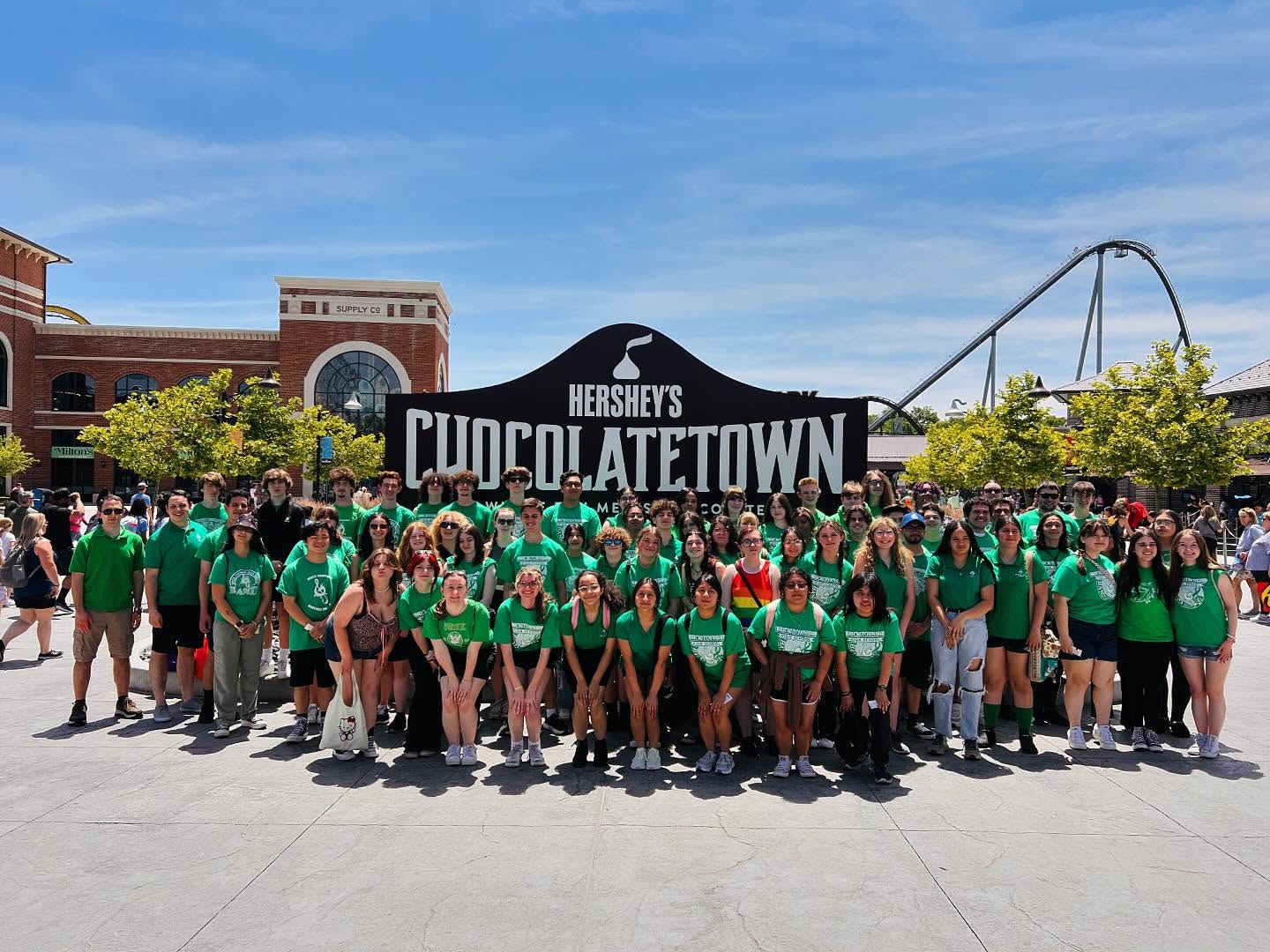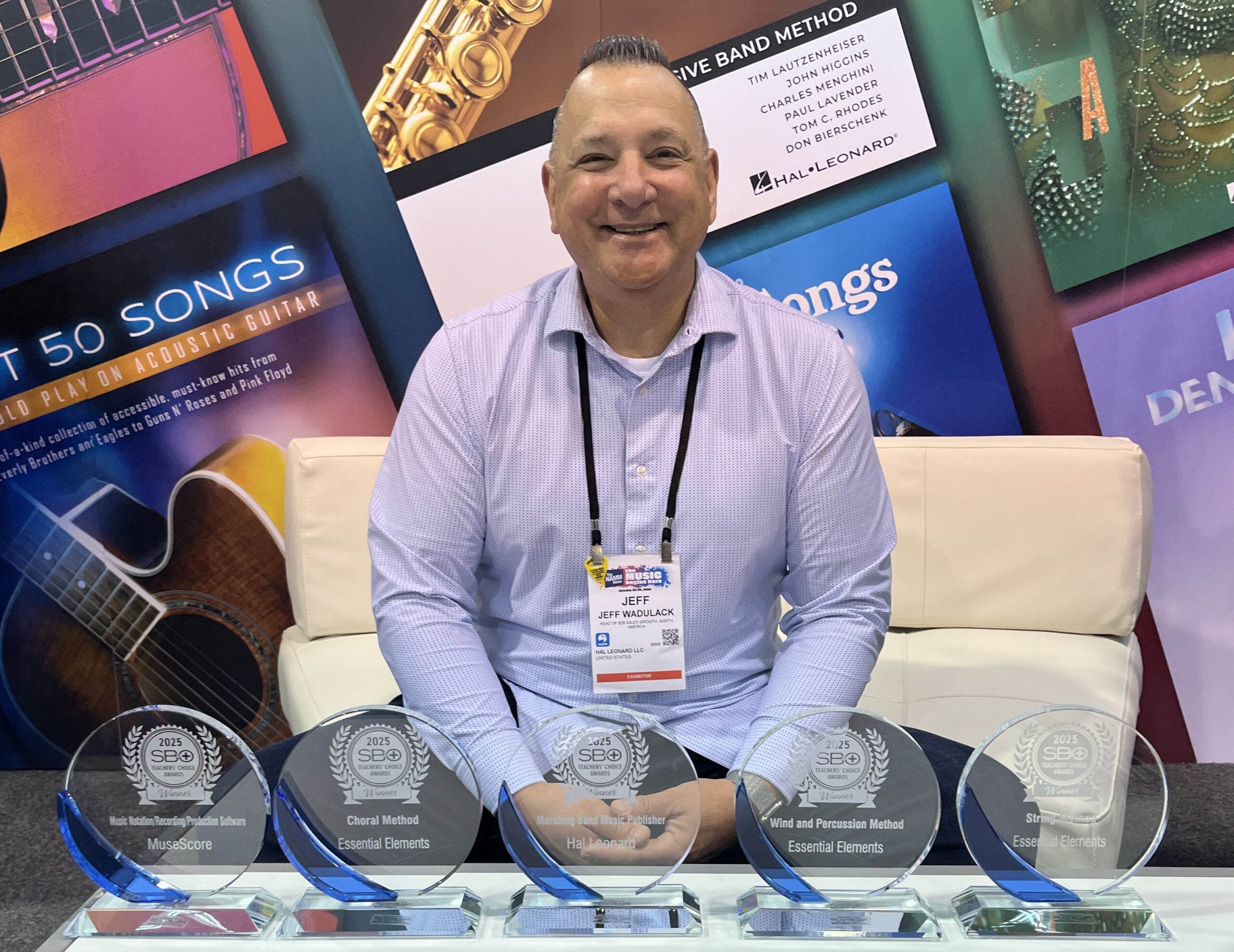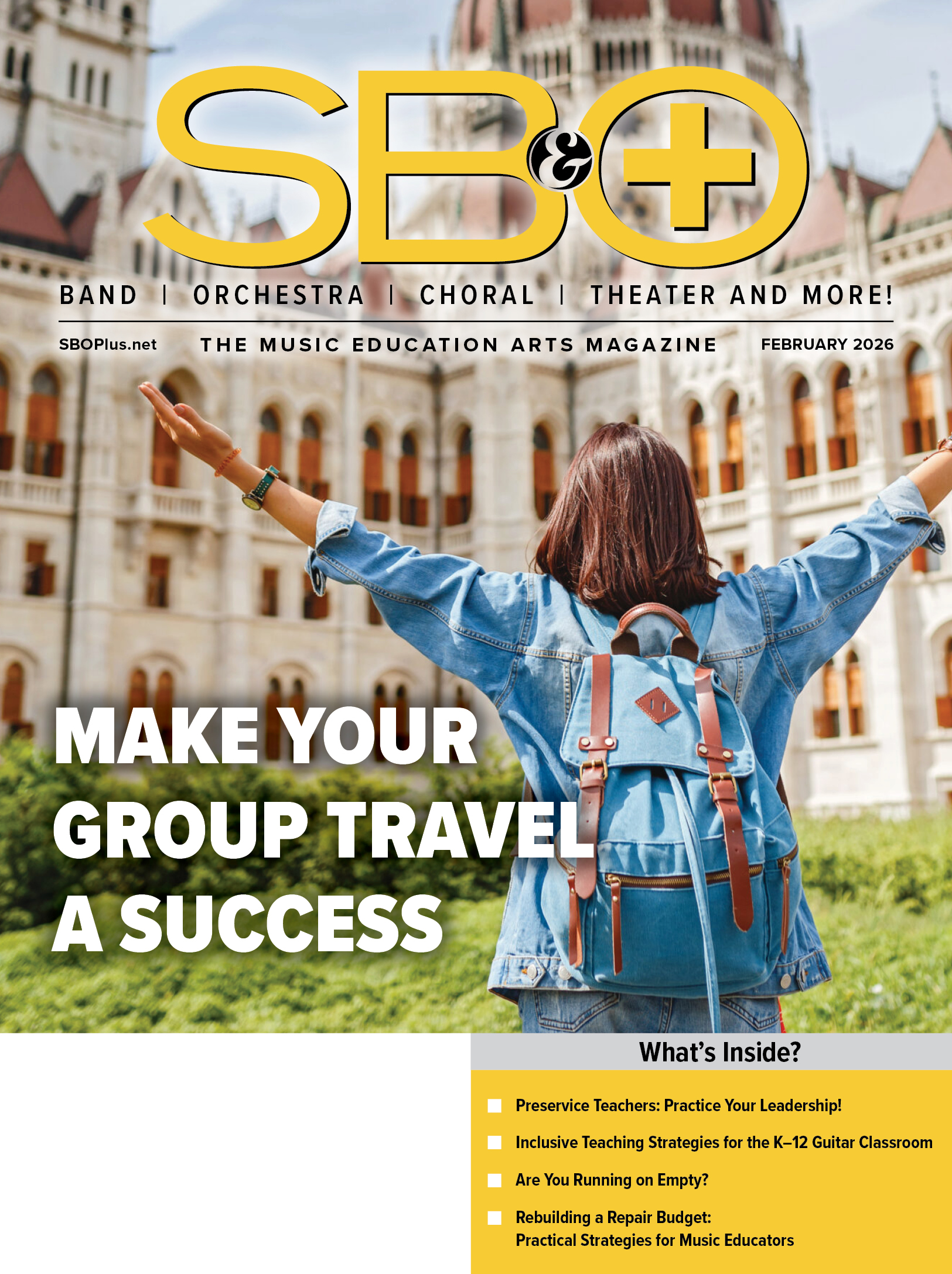This article was originally published in the October 2024 issue of The Voice of the Washington Music Educators Association Journal, Volume XLV, No. 1, and is reprinted here with permission from the Washington Music Educators Association, a state affiliate of the National Association for Music Education.
Just like Marvel and DC heroes, we all have an origin story. For many of us, that origin story began during our K-12 music experiences. Our varied experiences were dependent upon where we lived, what resources were available, if we knew anyone who looked like us in the profession, and if our financial needs were somehow met. They also depended on the type of musical learning experiences available to us.
My origin story began in a small town in south-central Florida. There was a band in middle and high school, however, no options for private lessons, music outside the school offerings, and little choice in the instruments we played. I decided in 7th grade that I wanted to be a band director. After that time, I tried to participate in every possible opportunity my little town had to offer.
When I prepared for the audition for college, the nearest music store was an hour away. I remember going there and choosing the piece that had the most music notes on it to be sure I was playing the most difficult music. The fact that I didn’t know what Larghetto was escaped me, and I am sure the panel at my audition for college considered it the fastest Larghetto they have ever heard. I was extraordinarily fortunate to be accepted as a music education major. In my first flute lesson, I learned I was playing all third octave notes with incorrect fingerings. I clearly had a lot to learn.
Through my almost 40 years in the field of music education, I have tried to remember that origin story as I assist as many aspiring and practicing music educators as possible. In my mind, it is our responsibility to ensure the future of our profession and create an easier path for those who come after us. It is just the right thing to do.
NAfME unveiled a new initiative at the National Leadership Assembly in June of 2023. The MTPI, the Blueprint for Strengthening the Music Teacher Profession is groundbreaking in scope, however, is quite similar to what we all do as we reach out to someone else to help them become who they can be. Through a careful study of inequities and opacity in our profession, the plan seeks to increase equity and transparency through the entire life cycle of K-12 music to the end of the first five years of teaching in the field of music education.
One part of the initiative I find most compelling is, how do we create a profession of music educators who are as diverse as our country. How do we identify future music educators as early as elementary school? How do we mentor them? How do we meet their financial, psychological, and performance needs as they prepare for an audition for college? In some areas of the country, this is a fairly simple task. In others, it seems almost impossible.
Through the inequities based within our country, there are haves and have nots. Some challenges noted by the Blueprint for Strengthening the Music Teacher Profession include
– Inequitable distribution of funding, physical resources, and human resources
– Participation, transportation, and private instruction expenses
– Limited curricular offerings
There are many students who are engaging in music outside of school. Their interests lie more in informal and popular music making. As we are currently serving approximately 20% of public-school students in traditional ensemble settings, this is alarming. Providing ways for students who play non-traditional instruments to audition for and be admitted to universities to study music education looms large. Our students need to see themselves in school music if they are to choose to become music educators.
Another part of the Blueprint for Strengthening the Music Teacher Profession includes how we will teach students from varied K-12 experiences and with varied skill levels upon entrance. I was one of those students and will always be grateful to the music teacher educators who took the time to help me become acclimated to collegiate work and to the rigor I would need to maintain to become a music educator. The challenges identified in the Blueprint during a degree program include
– Persistent inequities in how students are recruited, auditioned, and enrolled
– Lack of alignment between university program content and professional expectations in PK-12 instruction
How can we make this transition easier? What technologies could we use to assist with the transition and to continue to support students from non-traditional music programs and/or K-12 music programs that are not working to prepare students to become music educators? How can we create culturally sustaining and reflective collegiate students prior to entering the field of music education? How can we scale our expectations and wind back our course goals so that every student can feel they can be successful? In the end, students will be ready, however, we do not all begin from the same starting line.
The third pillar of the Blueprint for Strengthening the Music Teacher Profession encompasses how we will support new teachers during the first five years of professional life. We know through research and practice that many new music educators leave the field in the first five years. There are many factors to this and the Blueprint has identified three
– Low teacher pay and professional expenses (student loan debt, certification, etc.)
– Isolation stemming from geography or being the only music teacher in a building
– Lack of funding and time for meaningful professional development and mentoring
In undergraduate school, we are surrounded by others who are also learning. We also benefit from close contact with our professors, field experience educators, and a community that thrives on learning. Once we are in the field, those supports can disappear leaving us feeling alone and unsure of what to do.
To accomplish these seemingly lofty goals requires a great deal of reflection and flexibility in our teaching. Some students come to us ready to learn. Other students come to us ready to make connections with us. Until we make those connections, our students are not able to learn. Some students who seem to be more complicated to teach may become excellent music educators. They just need us to see them, mentor them, encourage them, and meet them where they are.
Every student we teach has their own origin story. It is our duty to find them, learn them, and take them as far as they can go. This requires us to develop relationships that nurture and challenge each student. We may not know which 4th graders will decide to be music educators; therefore, we should treat each of them as future music educators.
Our field desperately needs new ways to participate in music, more teachers who are neurodivergent and who have differences and disabilities, more people of color, and more diversity in general. If we teach music educators who are diverse and they become music educators, we will begin to break old patterns and revolutionize the field of music education.
Consider your origin story and the privilege you may or may not have had as well as your intersections with other portions of your identity. Then, find a K-12 student, music education major, or new music educator and learn their origin story. Our collaborations and mentoring are key to leaving our profession better and stronger than we found it. I’m ready. Are you?
 Grammy Award nominated music educator Dr. Alice Hammel was the 2023 National Association for Music Education (NAfME) Lowell Mason Fellow, Virginia Music Educator Association Outstanding Educator (2018), and is the current past-president of the Virginia Music Educators Association. She is a widely known music educator, author, and clinician whose experience in music is extraordinarily diverse. She is a member of the faculty of The University of Arkansas and has many years of experience teaching instrumental and choral music in public and private schools. Dr. Hammel has put these varied experiences to great use while compiling a large body of scholarly work. She is a co-author for four texts: Teaching Music to Students with Differences and Disabilities: A Label-free Approach, Teaching Music to Students with Autism, Winding It Back: Teaching to Individual Differences in Music Classroom and Ensemble Settings, and Teaching Music to Students with Differences and Disabilities: A Practical Resource. Hammel is past-president of the Council for Exceptional Children – Division for Visual and Performing Arts Education and was recently awarded their Past President Award for Excellence. Hammel has served NAfME as a member of the National Executive Board, The Equity Committee, and The Music Teacher Initiative. She is a proponent of Music Will and the Modern Band movement.
Grammy Award nominated music educator Dr. Alice Hammel was the 2023 National Association for Music Education (NAfME) Lowell Mason Fellow, Virginia Music Educator Association Outstanding Educator (2018), and is the current past-president of the Virginia Music Educators Association. She is a widely known music educator, author, and clinician whose experience in music is extraordinarily diverse. She is a member of the faculty of The University of Arkansas and has many years of experience teaching instrumental and choral music in public and private schools. Dr. Hammel has put these varied experiences to great use while compiling a large body of scholarly work. She is a co-author for four texts: Teaching Music to Students with Differences and Disabilities: A Label-free Approach, Teaching Music to Students with Autism, Winding It Back: Teaching to Individual Differences in Music Classroom and Ensemble Settings, and Teaching Music to Students with Differences and Disabilities: A Practical Resource. Hammel is past-president of the Council for Exceptional Children – Division for Visual and Performing Arts Education and was recently awarded their Past President Award for Excellence. Hammel has served NAfME as a member of the National Executive Board, The Equity Committee, and The Music Teacher Initiative. She is a proponent of Music Will and the Modern Band movement.



